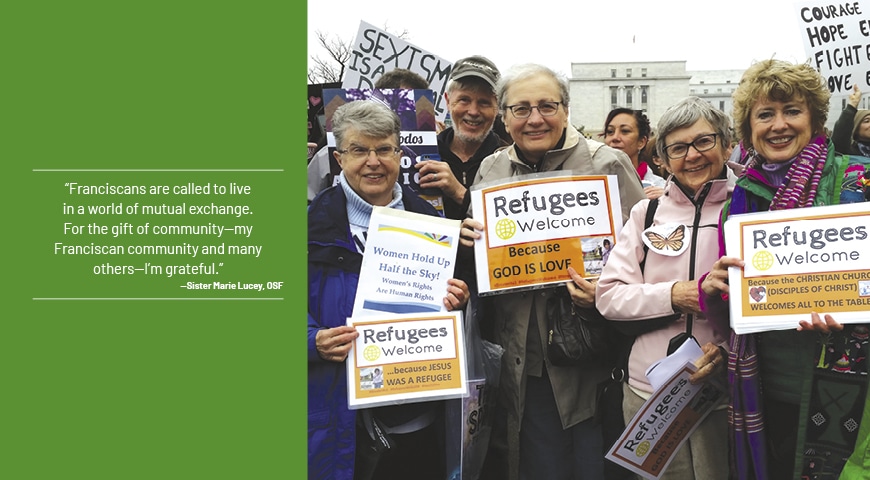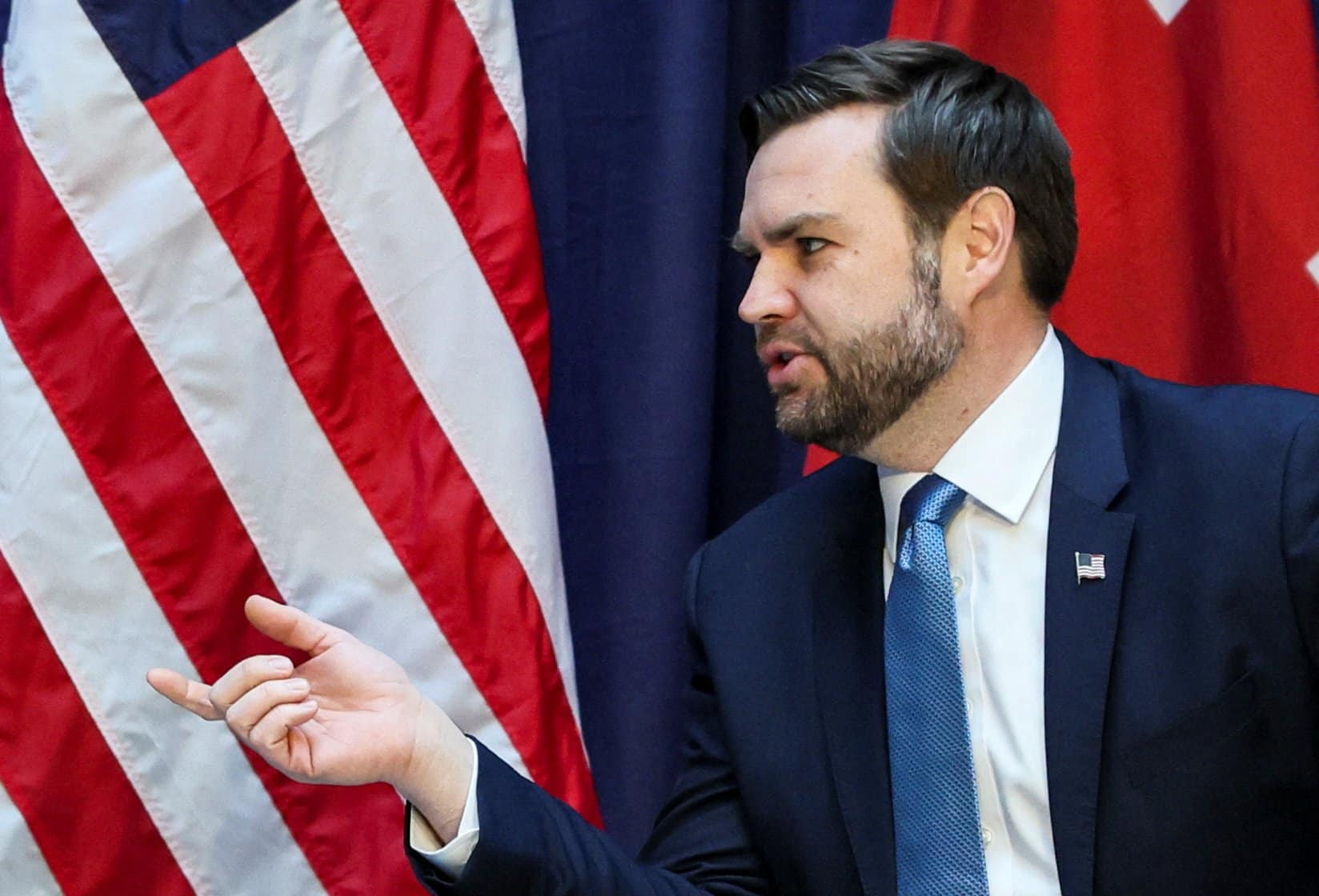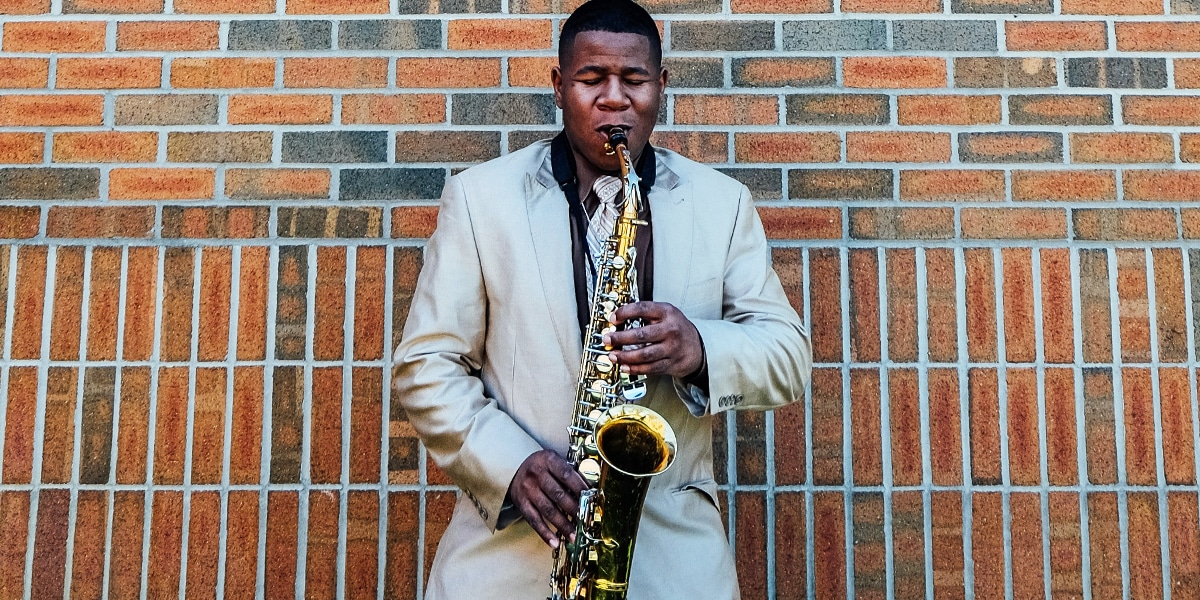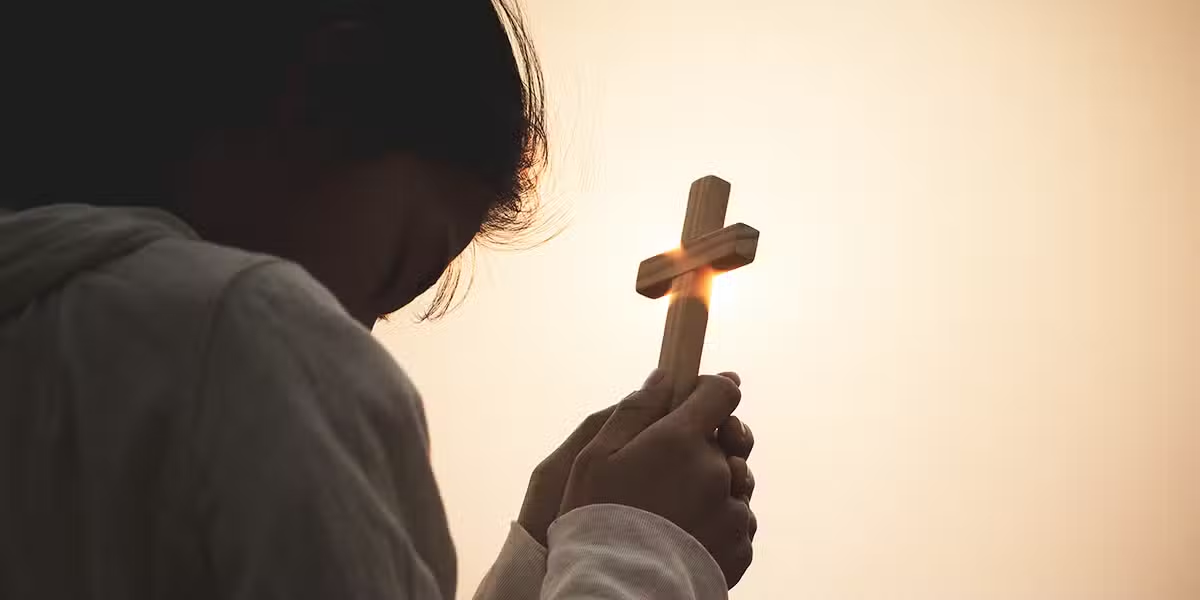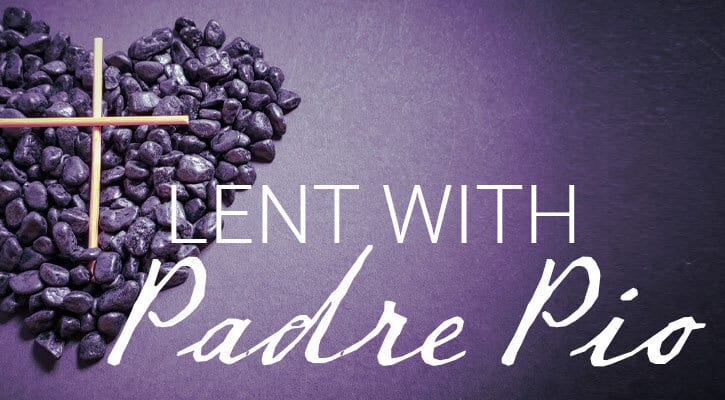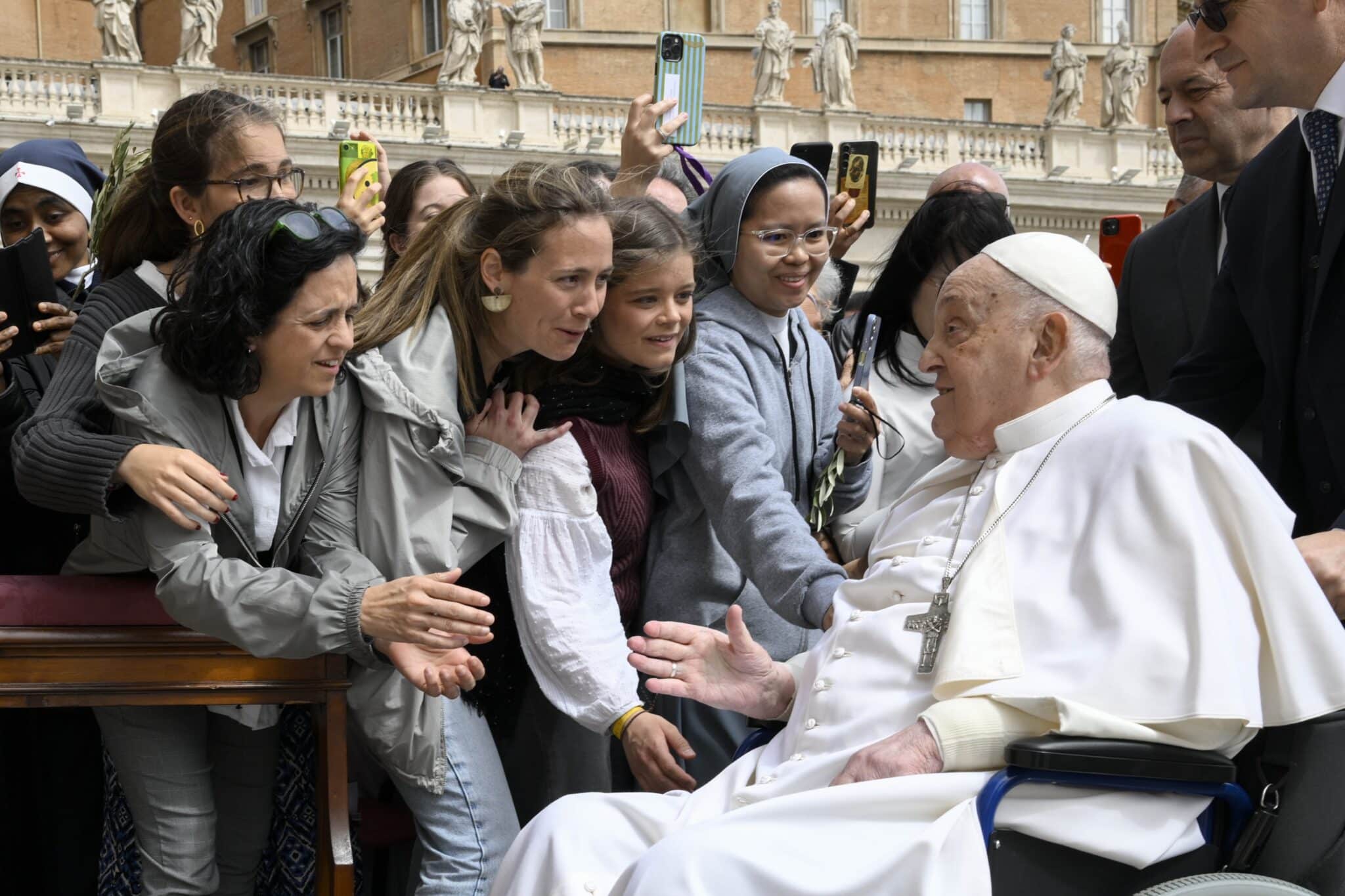The oldest of four children in a predominantly Irish Catholic neighborhood, Sister Marie Lucey, OSF, was born in Wilmington, Delaware. “I grew up in a loving family,” Sister Marie says. “My parents were committed Catholics, but they were not especially pious and initially were not happy when I told them I felt called to be a sister.”
She first started thinking about religious life when she was around 10 years old. She recalls a group of her girlfriends were also talking about becoming sisters and, in her mind, she was thinking, They are just talking about it, but I’m going to do it. Throughout her teenage years, the thought of entering the convent stayed with her. She received a four-year scholarship to Georgian Court College but, after two years, made the decision to leave and enter religious life.
Sister Marie first began discussing her calling with an Ursuline sister in high school but felt drawn to the Franciscans. “While I respected all the sisters who taught me and made friends in each order, I was particularly drawn to the Franciscans because of their simplicity of life, their humanness, and their evident happiness,” she says. She took her final vows in the community of the Sisters of St. Francis of Philadelphia in 1964. This was a time of transition for the Church, especially for communities of sisters. They were evolving from being involved mostly in education and health care to becoming activists and leaders in social justice movements.
Awakening to the Reality of Injustice
Sister Marie’s first assignments were teaching in schools in the South. It was here that she began to fully understand the long and rich tradition of Catholic social teaching rooted in the Gospel of Jesus Christ. Both schools were in the process of being integrated. “For the first time,” she says, “I became aware of structural racism and realized that action to help change systems was needed. My lifelong passion for social justice was born.”
Sister Marie returned to Pennsylvania, convinced that work for social justice was essential to religious life, and began to engage in working for justice and peace. By representing her community in delegations to countries across the world, she met courageous women and men living in conditions of poverty, injustice, and violence. In 1996, Sister Marie was elected congregational minister, which she saw as a confirmation that work for justice was firmly planted in the whole community.
After completing her time as congregational minister, Sister Marie took her passion and commitment for justice to Washington, DC. She began working for the Leadership Conference of Women Religious (LCWR) as their director of mission and advocacy. Sister Marie soon became one of the most respected faith voices on social justice, particularly on the issue of immigration. Looking back on her time with the LCWR, she says, “My eight years with LCWR were a great blessing that expanded my relationships with women religious of many different traditions from whom I learned so much.”
In 2011, Sister Marie left LCWR and came to work for the Franciscan Action Network (FAN) as director of advocacy and later associate director. She helped the fledgling organization grow to become one of the leading faith voices on issues of justice and peace while ensuring they remained true to their mission of being “a collective Franciscan voice seeking to transform United States public policy related to peacemaking, care for creation, poverty, and human rights.”
Her passion and commitment to justice were so great that she was willing to risk arrest many times through nonviolent civil disobedience.
“Sister Marie has been working for justice for a long time,” says friend and coworker Sister Maria Orlandini, OSF. “Despite the many years dedicated to working for peace and justice with few victories and many steps back, she continues to believe that change is possible and does not give up. She is kind and approachable, and people find it easy to talk to her, which, combined with conviction and determination, makes her a great advocate.”
The Power of Community
In her spare time, Sister Marie enjoys reading, taking walks, listening to music, and writing poetry. She has a rich spirituality and prayer life in which her work for justice is rooted.
“My reflection and contemplative prayer are as necessary to me as breathing,” she says. After 60 years, Sister Marie is still working hard for justice and peace. The recently appointed executive director of FAN, Michelle Dunne, says: “Working with Sister Marie is a joy and an inspiration. She is a walking embodiment of Catholic social teaching, preaching about social justice by her actions as much or more than her words. I am constantly impressed by how Marie pairs deep knowledge and lived experience with humility and openness to new ideas.”
Sister Marie’s intellectual curiosity has both helped and humbled her. “As an educator for more than 20 years, and continuing into my aging years, I am a lifelong learner,” she says. “I learned from my students. When I began my ministry of work for social justice, I quickly learned that I was not the savior of the troubled world! Acknowledging that we have only one Savior, who passed his mission onto us frail and flawed human beings, freed me to always work within a community, sometimes leading, often following the lead of others.
“Franciscans are called to live in a world of mutual exchange. For the gift of community—my Franciscan community and many others—I’m grateful.”

